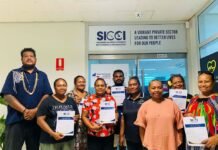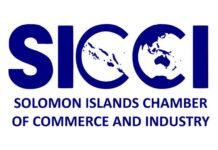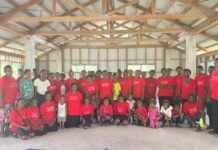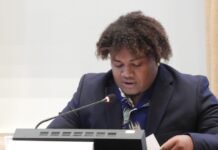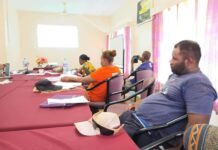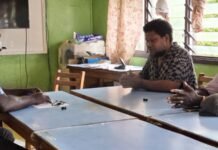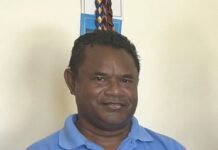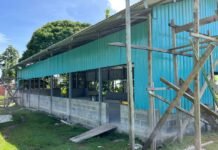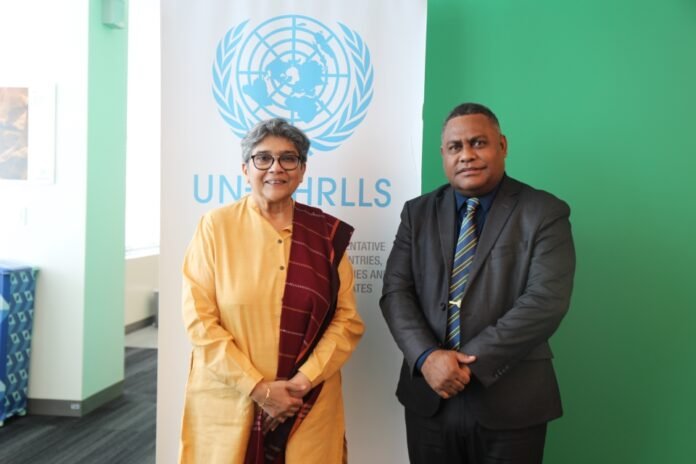
THE United Nations Office of the High Representative for the Least Developed Countries, Landlocked Developing Countries, and Small Island Developing States (UN-OHRLLS) is committed to supporting the Solomon Islands in its Smooth Transition Strategy towards graduating from Least Developed Country (LDC) status.
During a high-level bilateral meeting on Friday at the UN Headquarters in New York, UN-OHRLLS Under-Secretary-General Ms. Rabab Fatima reaffirmed this commitment to the Minister of National Planning and Development Coordination (MNPDC), Hon. Rexon Ramofafia.
Ms. Fatima announced that specific capacity-building programs for LDC Focal Points are being planned for later this year, with active participation from the Solomon Islands.
Hon. Ramofafia expressed gratitude to UN-OHRLLS and the United Nations Department of Economic and Social Affairs (UNDESA) for their support in extending Solomon Islands’ LDC graduation from 2024 to 2027.
“The additional time will allow the government to prioritize major projects to enhance accessibility and service delivery. Solomon Islands will only truly be ready for graduation if it can achieve sustainable development that is transformative and felt across the country,” he stated.
Minister Ramofafia emphasized the Government for National Unity and Transformation’s (GNUT) commitment to the LDC Smooth Transition Strategy and graduation, highlighting the focus on improving accessibility to services and enhancing connectivity.
However, he also underscored the critical need for approximately US$4 billion in investments for essential infrastructure and development projects.
“Without this level of investment, the risk of reversing our development gains post-graduation is significant, and graduation itself may not be meaningful,” the Minister stressed.
The Minister acknowledged the support from various UN bodies, including the United Nations Economic and Social Commission for Asia and the Pacific (UNESCAP), in preparing the Solomon Islands’ Smooth Transition Strategy.
He also appealed for direct support from the United Nations and partners to ensure the successful implementation of this strategy.






